
Ten people were detained in Hong Kong yesterday for violating the city's new limit on infant formula on the first day the rule took effect. In the 10 cases, people were trying to bring 53 cans of formula through customs, officials said.
Among those detained were eight Hong Kong residents. The other two were from the Chinese mainland, Xinhua news agency said.
One man was found to be carrying 15 cans.
Under the new rule, travelers face fines of up to HK$500,000 (US$64,500) and up to two years in jail if they are found carrying more than two cans, or 1.8 kilograms, of milk powder for infants under the age of 3.
Parents on the mainland have long been purchasing formula from Hong Kong, after losing faith in powder produced on the mainland following baby milk scandals in recent years.
Now they fear formula from the city will be hard to find.
On Thursday, the day before the ban was imposed, many mainland parents were seen traveling to the city to stock up, according to the Guangzhou-based New Express Daily newspaper.
With supermarkets or stores in Hong Kong imposing their own restrictions on the amount of formula they could buy, parents were seen traveling across the city, purchasing as many cans as they could from a number of different stores, the newspaper said.
"We don't care about the restrictions in the supermarkets. We purchased as many as the stores may offer," one parent said.
One woman who bought eight cans of milk power said that when she was passing through customs to head home, she saw that many people were carrying cans of milk powder.
"Some were carrying eight cans and some were carrying 10. One man was even carrying three boxes," she said.
Many retail outlets have said their prices for milk powder from Hong Kong will have to rise.
Some have already added 10-20 yuan per can. At one online store, a can of a popular brand that was 290 yuan last week is now 320 yuan.
"The price is raised because now it's much harder to bring milk powder out of Hong Kong due to the rule," said a vendor surnamed Wu. "As each traveler can only take two cans when passing through customs, we have to hire more people to do the job."
Another vendor selling milk powder products from Europe said his prices were expected to go up as demand grew from parents.
Xia Wei, a 29-year-old Shanghai mother, said the new rule was "understandable" as she had heard about infant formula shortages in Hong Kong caused by mainland visitors.
She said she didn't care about traders charging more for formula from Hong Kong.
"I'm only worried that one day they will stop selling the formula," she added.
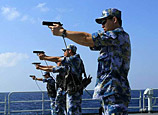
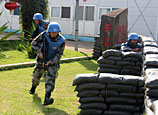


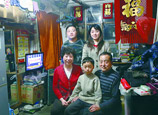

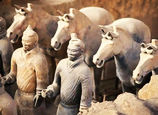
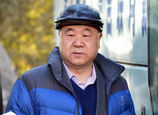

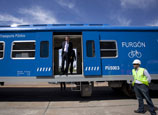






 Village teacher with his back basket
Village teacher with his back basket


![]()
